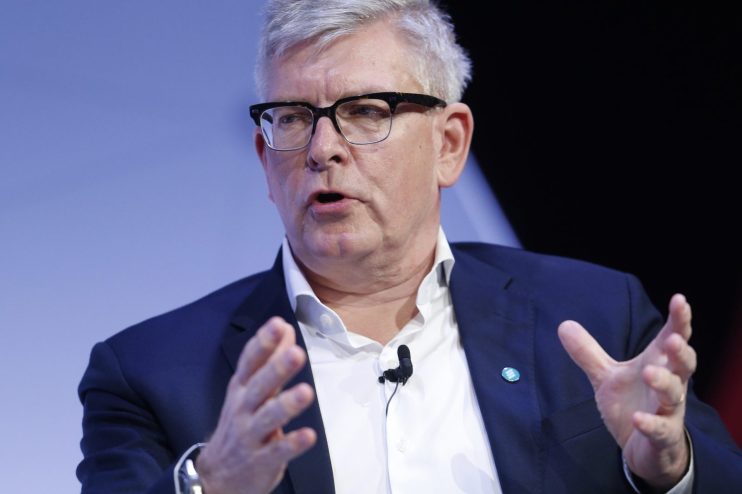Ericsson boss backs rival Huawei after Swedish 5G ban

The chief executive of Ericsson has come out in support of arch-rival Huawei after Sweden blocked the Chinese firm from building its 5G networks.
Earlier this month Swedish regulators blocked 5G spectrum auctions after a court suspended part of its decision to ban Huawei over national security fears.
But in a surprise move, Ericsson boss Borje Ekholm today hit out at the ban, saying it would harm free competition and trade.
“I belong in that category that believes competition makes us longer term a better company. It may be painful shorter term but longer term it drives us to be more innovative and make better products for our customers,” he told the Financial Times.
Ekholm said blocking Huawei was a “risk for the economy” and would lead to Europe falling behind the US and China in the rollout of 5G.
“Think about 4G — the debate in Europe was: what is the killer app? The Americans and Chinese rolled out 4G fastest and the app economy for consumers is now dominated by American and Chinese firms,” he said.
The Ericsson chief said that while his company competed directly with Huawei, the two companies also worked together on industry standards.
His statements could also reflect the Swedish company’s desire to avoid retaliatory sanctions in China.
Ericsson has won contracts from all three major operators in China to supply radio equipment for 5G networks, while its Finnish rival Nokia is yet to secure any.
China’s foreign ministry has urged Sweden to reconsider its ban, warning it could impose similar restrictions on Swedish companies operating in China.
Huawei has denied its products are a risk to national security and has appealed the Swedish ban.
It comes after the controversial Chinese tech giant renewed calls for the UK to reconsider its 5G ban.
Huawei vice president Victor Zhang told the Guardian that Britain should revisit its decision as Donald Trump’s administration comes to an end.
In July the government reversed its initial decision to grant Huawei access to telecoms infrastructure following pressure from Trump, who led calls for a global crackdown on the company.